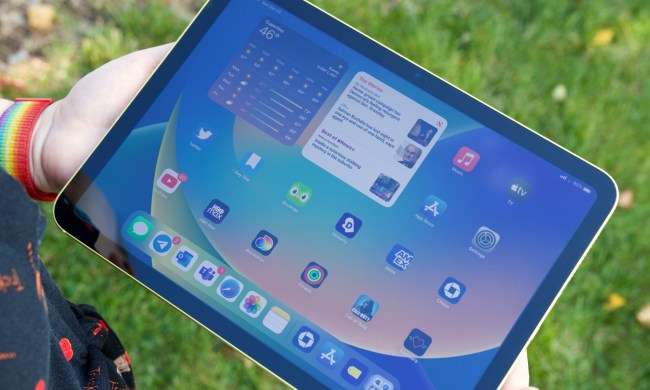 Google’s privacy woes just got worse. According to a study by researchers at a German university, more than 99 percent of all smartphones that run Google‘s Android operating system can easily be infiltrated by mobile hackers. The attackers can then use the “leaked” data to impersonate the rightful user, and access online accounts, such as Google Calendar, Twitter and Facebook.
Google’s privacy woes just got worse. According to a study by researchers at a German university, more than 99 percent of all smartphones that run Google‘s Android operating system can easily be infiltrated by mobile hackers. The attackers can then use the “leaked” data to impersonate the rightful user, and access online accounts, such as Google Calendar, Twitter and Facebook.
According to the University of Ulm researchers, Bastian Konings, Jens Nickels, and Florian Schaub, the Android vulnerability is due to an improper implementation of the ClientLogin protocol, which is used in Android versions 2.3.3 and earlier, reports The Register. Once a user submits his or her login information, ClientLogin receives an authentication token that is sent as a cleartext file. Because the authentication token (authToken) can be used repeatedly for up to 14 days, hackers can access the information stored in the file, and use it to do their nefarious bidding.
“We wanted to know if it is really possible to launch an impersonation attack against Google services and started our own analysis,” write the researchers on their blog. “The short answer is: Yes, it is possible, and it is quite easy to do so. Further, the attack is not limited to Google Calendar and Contacts, but is theoretically feasible with all Google services using the ClientLogin authentication protocol for access to its data APIs.”
As bad as this sounds — indeed, is — for Android users, this type of attack can only be waged when the Android device is using an unsecured network, like a Wi-Fi hotspot, to send data. The researchers say hackers could wage such an attack when a device is connected to a network that is under their control.
“To collect such authTokens on a large scale an adversary could setup a wifi access point with a common SSID (evil twin) of an unencrypted wireless network, e.g., T-Mobile, attwifi, starbucks,” write the researchers. “With default settings, Android phones automatically connect to a previously known network and many apps will attempt syncing immediately. While syncing would fail (unless the adversary forwards the requests), the adversary would capture authTokens for each service that attempted syncing.”
The researchers suggest a number of ways to fix the issue, for app developers, Google and Android users alike. Developers whose apps use ClientLogin “should immediately switch to https,” the researchers say. And Google should limit the life of the authentication token, and restrict automatic connects to protected networks only. Android users should update their devices to 2.3.4 as soon as possible, they say, as well as turn off automatic sync when connecting with Wi-Fi, or avoid unsecured Wi-Fi networks entirely.


